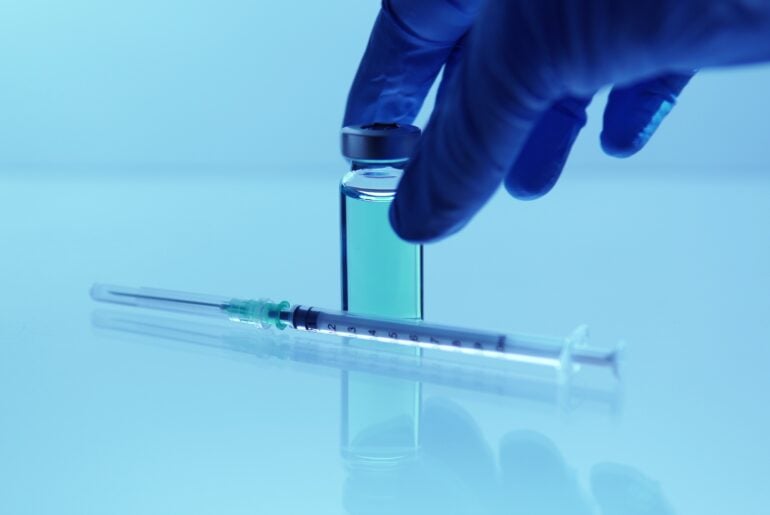Amid fluctuating tariffs and complex trade policies, healthcare and life sciences (HLS) companies face mounting operational and legal challenges within their global supply chains. Organizations are taking steps to retool their supply chains in response to threats against stability, but change introduces myriad knock-on implications. In the second article of the series, we explore four key questions for HLS businesses considering new supply chain strategies:
Political compromise raises questions around feasibility implementation and EU’s innovation edge After nearly two years of negotiations, the Council of the EU has adopted its negotiating position on the proposed revision of the pharmaceutical legislation on 4 June 2025. This milestone reached under the Polish presidency follows intense debate and numerous concessions among Member States. The most divisive issues of access to medicines and incentives for pharmaceutical innovation are likely to remain a balancing act…
On 11 March 2025, the European Commission published the Proposal for a Critical Medicines Act 1, a new Regulation aimed at improving the availability of critical medicines in the European Union. The Proposal has however a wider scope and seeks to introduce collaborative procurement mechanisms and information sharing obligations not only for critical medicines but also medicines which are considered of common interest. 1. Securing Supply of Critical Medicines According to European Health Ministers Europe…
On 1 October 2024, the UAE Government has issued a new Federal Decree-Law No. 38 of 2024 to regulate medical products, the pharmacy profession and pharmaceutical establishments (the “Law”). The Law replaces Federal Law No. (8) of 2019 on Medical Products, Pharmacy Profession and Pharmaceutical Establishments including its later amendments (hereafter, “Federal Law of 2019”). However, its implementing regulations remain in effect to the extent they do not contradict with the Law. The Law was first published on the UAE government website…
Baker McKenzie has the pleasure of inviting you to an afternoon of conversations on themes ranging from discovery, AI and innovation, EU joint procurement and building resilience in supply chains to latest trends in life science dealmaking in Europe and Benelux.The event will take place at the Cardo Hotel in Brussels on Wednesday, 25 September, and we would be delighted if you could join us for this exclusive afternoon of learning, sharing and networking with…
The European Parliament could have helped to stimulate R&D into new drugs for rare diseases if it had not stuck so closely to the European Commission’s original proposals on orphan exclusivity periods, we argue in this piece for the Pink Sheet (paywall). This article is a continuation from our previous analysis on the Commission’s proposals for orphan drugs. For further information on this topic please contact Els Janssens, Olha Sviatenka, Magda Tovar and Julia…
In brief The Commission’s Implementing Act on Joint Clinical Assessments for medicines for human use was finally adopted on 23 May 2024. This is the first out of six Implementing Acts for the EU HTA Regulation. With only seven months to go before the HTA Regulation becomes applicable, developers of medicines within the first wave of products subject to the HTA Regulation will need to consider their strategy for EU assessment and its interplay with…
Baker McKenzie has recently conducted a survey across over 100 jurisdictions, asking our Healthcare & Life Sciences global network of specialists to compare the degree of flexibility clinical trial sponsors have to negotiate with sites in clinical trial agreements. We have received input from our healthcare regulatory experts in 105 jurisdictions and are therefore able to build a global picture of how the flexibility afforded to sponsors varies from market to market. The results are…
EU AI Act On 13 March, the European Parliament approved the EU AI Act. The link to the adopted text is available here. The next step is Council’s adoption, expected next month. Following the Council’s sign off, the final text will be prepared for publication in the Official Journal and will enter into force 20 days afterwards. Once adopted, the Act will become applicable in a gradual manner. For products that are already required to…
To future-proof its regulatory system, the UAE cabinet has established the Emirates Drug Corporation (EDC) in September 20231. As a new independent regulator, the EDC will replace the Ministry of Health and Prevention (MOHAP) for the regulation of pharmaceuticals and medical devices. Besides medicines and medical devices the EDC will also be responsible for cosmetics, dietary supplements, GMOs, fertilizers, pesticides, agricultural conditioners and plant growth regulators. The EDC will also take over some competences from the Ministry of Climate Change and Environment…










